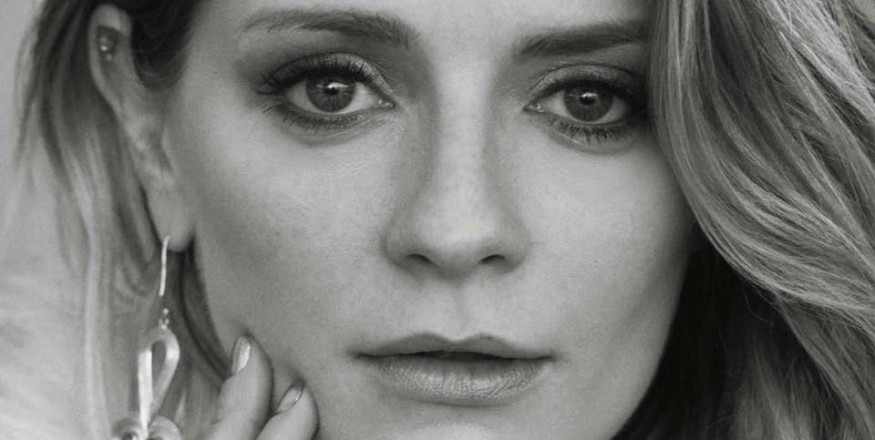IN A TYPICAL French murder trial, the case would be heard by three judges and nine laypersons. But this was not a typical murder trial. The murder of the French president was being treated as an act of terrorism, something with which the actresses' lawyers took issue. So they brought the women's case all the way up to the Cour de Cassation, France's supreme court----which decided that trying them as terrorists sounded like a perfectly good idea.600Please respect copyright.PENANABA1p1cUxwz
That mean that their case would be heard not by a panel of judges and ordinary citizens but rather by a panel composed exclusively of judges. Mischa didn't know if that was good or bad. Her lawyer, always trying to boost her spirits, never directly said that their chances were reduced because of the all-judge panel. But the fact that he fought the decision all the way to the nation's highest court told her that it wasn't the preferred outcome for them.
The long table where the judges sat was raised about two steps higher than the rest of the courtroom, but it wasn't like the judge's bench in an American courtroom. It was just one long table, with ordinary goosenecked desk lamps in front of each seat. She was used to the courtrooms she'd been in back in America; this looked more like a city council meeting.
From behind the wood-paneled wall, a door opened, and the judges entered the courtroom. Just like the lawyers, they were wearing black robes and thin white scarves. The presiding judge---who was the only one wearing a red robe----sat in the middle, and everyone in the courtroom took their seats after he did.
The four actresses put on headphones, old-fashioned, clunky models with thick pads on the ears. The presiding judge----le president juge----began to speak in English to the courtroom, but what the women heard through the headphones was a woman's voice, translating his words to English. It added just another odd element to the completely bizarre package of horrors that was the last nine months of Mischa's life.
The lawyers formally announced themselves----the lawyers representing the four defendants as well as the lawyer for the president's widow, the civil party. The president juge then asked if there were any applications regarding "publicity," which Mischa didn't understand initially but then she remembered: trials are open to the public in France unless there is a determination that allowing them to be open would constitute a danger. After what had happened thirty minutes ago, a decent case could be made that the trial should be closed. But none of the lawyers so requested, and it wasn't likely that the judge would have granted the request, anyway. To the French citizenry, this was the most important trial in memory. It needed to take place out in the open. Besides, by now there were enough gendarmes in the courtroom to patrol all of Los Angeles.
"The clerk will read the transfer judgement," said the woman in her calm, soothing voice in Mischa's ear, translating the words of the president juge. This had been explained to her as the French equivalent of an indictment. After the investigating judge determines that there is a basis to charge the accused with a crime, a panel of judges hears the matter and makes the ultimate determination about whether the case should be transferred to the trial court----the Cour d'Assises. Mischa's lawyer told her that this written transfer order was typically a rather dry exposition of the evidence, but in this instance, maybe because of the high profile of this case, the panel of judges used very forceful language in describing the case against the women.
She'd had the judges' order read to her several times previously, but it was no less painful hearing it again, especially through the maddeningly moderate tone of the female translator. And it was more painful----utterly mind-blowing, Kafkaesque, the words delivered so gently but landing with such a damning impact. The gunpowder residue. The fingerprints. The DNA. The incriminating admissions. The misleading and deceptive statements (for which Mischa was singled out several times). The eyewitnesses. The immoral behavior. The blackmail.
When the reading was finished, Mischa thought to herself, This isn't the greatest way to start a trial. Here's everything bad we think about you.....now let's get started!
She let out a sigh and looked up at the ceiling of the courtroom, at the narrow skylight that provided the only natural light in the windowless room.
A miracle, she thought. God, please give me a miracle.600Please respect copyright.PENANA1D4DByBybm
"Before we begin, I would like to say a few words," said the presiding judge.600Please respect copyright.PENANA8X3LEr1wJL






















